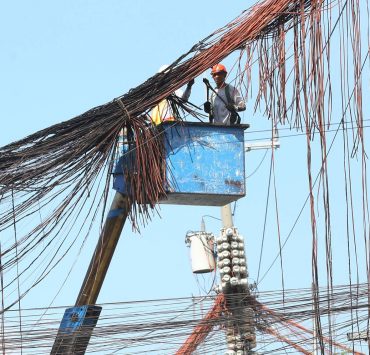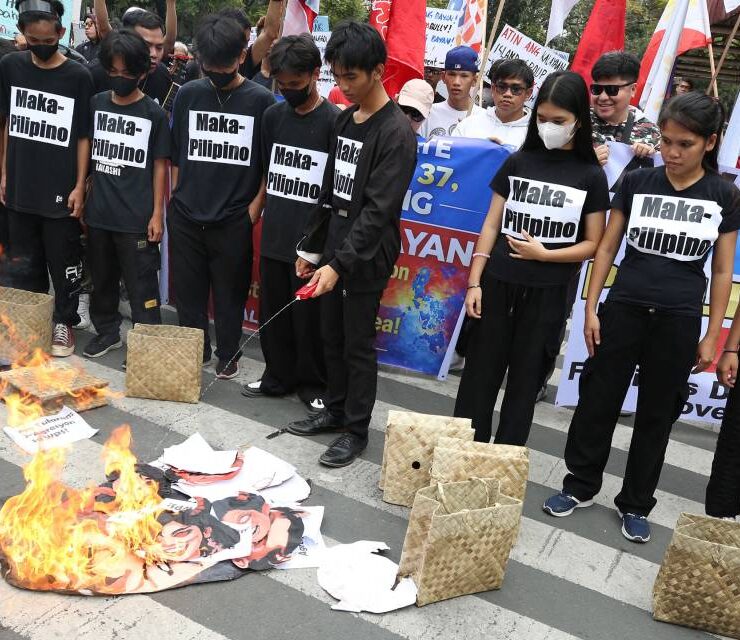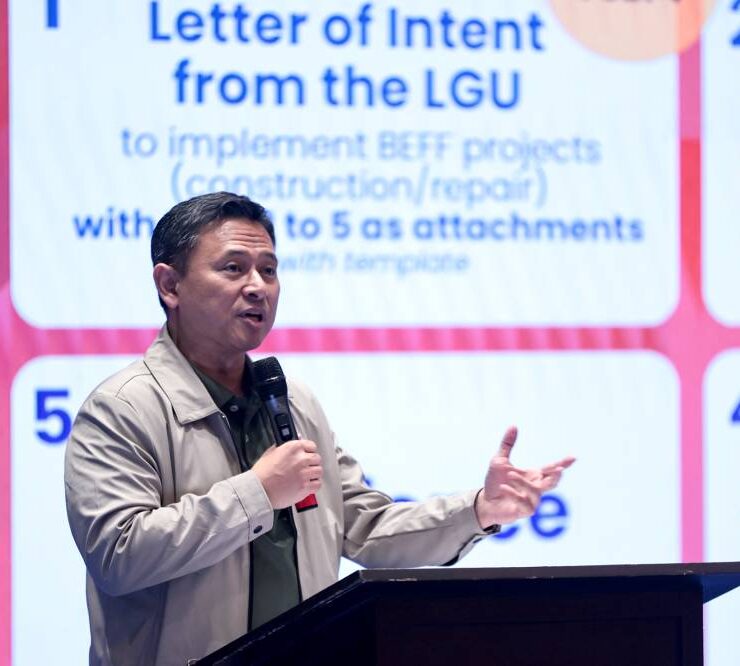House panels approve substitute bill amending Rice Tariffication Law
Two panels of the House of Representatives on Tuesday approved a substitute bill amending Republic Act No. 11203, or the rice tariffication law (RTL), particularly restoring the role of the National Food Authority (NFA) in stabilizing rice prices, a day after President Marcos certified the measure as urgent.
The House committee on agriculture and food, headed by Quezon Rep. Wilfrido Mark Enverga and Albay Rep. Joey Salceda’s House committee on ways and means approved the draft law—a consolidation of House Bills 212, 405, 1562, 9030, 9547 and House Resolution No. 1614, which all seek to amend RA 11203.
Key provisions in the bill include the reinstatement of the NFA’s price stabilization and supply regulation functions; authorizing the agency to buy local milled rice and directly import rice, as necessary, to ensure sufficient rice buffer stock and regulate grains warehouses in the country; and extending the Rice Competitiveness Enhancement Fund (RCEF) for another five years.
Marikina City Rep. Stella Quimbo sought the inclusion of “extraordinary price increase as well as possibly extraordinary supply shortage” in the definition of “emergency situations” within the context of buffer stocking in the RTL.
“We have the definition of buffer stock, optimal level of rice inventory that shall be maintained at any given time to be used for emergency situations. There’s reference to ‘emergency situations,’ however, it’s not defined,” Quimbo had noted.
She said including those conditions in the definition of emergency situations would also entail expanding the list of the NFA’s distribution outlets.
Funding, revenues
Nueva Ecija Rep. Mikaela Angela Suansing, a main proponent of the RTL review, told the ways and means committe that the most significant amendments to the law involved changes in the RCEF earmarking provisions.
“We’ve increased the lump sum base amount from the current P10 billion to P15 billion and we’ve changed the menu accordingly, so right now the mechanization component was increased from 50 percent to 53.5 percent, [while] the seeds component has been reduced from 30 percent to 28 percent; training, from 10 percent to 5 percent; and credit from 10 percent to 6 percent,” she added.
The RCEF has several key components: rice farm mechanization; inbred rice seed development, propagation and promotion; expanded rice credit assistance; and rice extension services, which pertain to training.
“In terms of tariff revenues, which we seek to allocate, it is currently averaging P29 billion every year so we have P15 billion, which we’re earmarking and then the rest of the … excess tariff revenues would be allocated across the different menus, which includes crop diversification, provision of seeds and fertilizers, solar power irrigation, small water impounding programs, expanded crop insurance and other potential programs,” she said.
The ways and means panel added an amendment, which would allow the NFA to authorize the involvement of “alien individuals or organizations” in the rice or corn industry, certify the need for foreign investments at a prescribed minimum, and establish and extend the transfer of foreign equity participation to Filipino citizens.
‘Oversight functions’
Lawmakers welcomed with “cautious optimism” Mr. Marcos’ directive to fast-track the amendments to the RTL.
“The NFA has to make sure that we’re not just fooling around here,” PBA Rep. Margarita Nograles said. “I personally want to call on the NFA to make sure that once we restore that power back to them that they will do their job properly and they will not dupe the Filipino people.”
1-Rider Rep. Rodge Gutierrez said: “We will be passing the RTL [amendments] and you can rest assure that we will continue to monitor the situation through our oversight functions.” INQ




















